|
|
|
|
Nau mai haere mai – welcome to this week’s newsletter.
It’s hard keeping up with politics these days, right? In fact, there are people joking on social media that they’re old enough to remember when Todd Muller was leader of the National Party.
Another week, another leader: in this edition, Massey University political scientist Grant Duncan examines National’s desperate gamble that Judith Collins can counter what has been called the “Jacinda effect”. Although, even as I write, she is having to quell the flames of another scandal, this time involving now-resigned MP Andrew Falloon.
Will this election calm down or are these merely the early signs of crazier times to come? Either way, I hope you will follow our political coverage as the next two months unfold. We are assembling a fantastic team of expert commentators, and we’ll be going beyond the day-to-day skirmishing to analyse the issues and policy debates that really matter.
And don’t worry, we are mindful that life exists outside of politics. This week you can also find fantastic stories about the question of paying for quarantine, how we can stop the coronavirus at our borders for the foreseeable future, the development of an early-warning system for our volcanic areas and new forecasting tools to predict tropical cyclones much earlier, and how parents might broach those difficult conversations with kids.
Don’t forget to check out all the other stories on our New Zealand homepage. Happy reading and thank you for supporting The Conversation.
Noho ora mai – till next time,
|
Finlay Macdonald
New Zealand Editor: Politics, Business + Arts
|

|
|
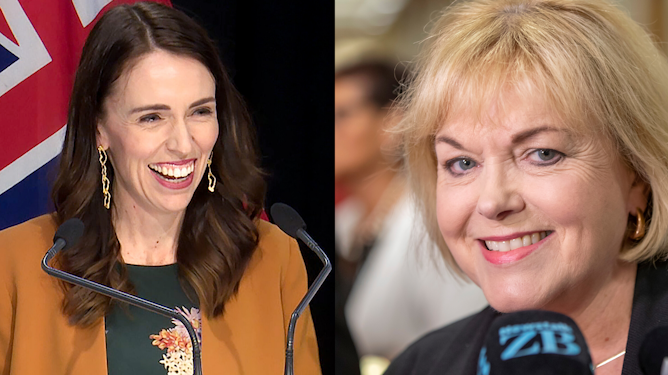
AAP Daniel Hicks/David Rowland
Grant Duncan, Massey University
A desperate opposition turns to a divisive but determined veteran to rescue its fortunes. But will her old-school politics be enough to combat the 'Jacinda effect'?
|
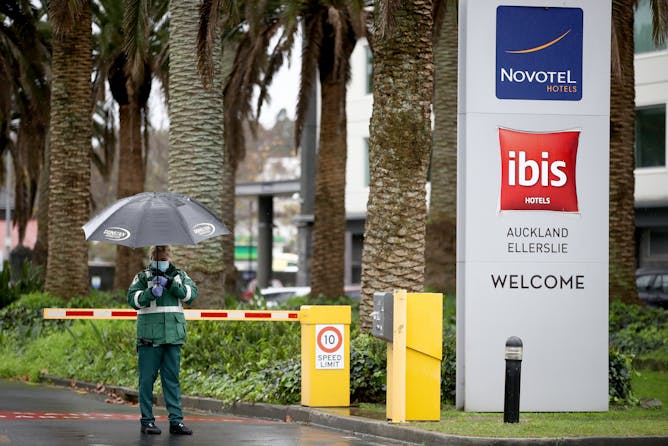
GettyImages
Alexander Gillespie, University of Waikato
With the cost of quarantine sure to rise, the government should look at a fair system based on returning New Zealanders' ability to pay.
|
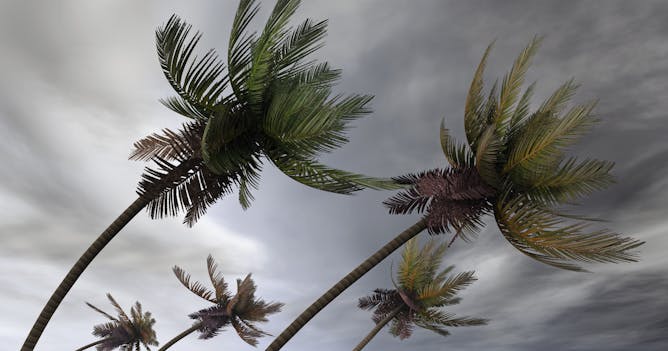
Photobank.kiev.ua/Shutterstock
Andrew Magee, University of Newcastle; Andrew Lorrey, National Institute of Water and Atmospheric Research; Anthony Kiem, University of Newcastle
Tropical cyclones account for almost four in five natural disasters across Pacific Island nations. But a new forecasting tool now gives up to four months warning for the upcoming cyclone season.
|
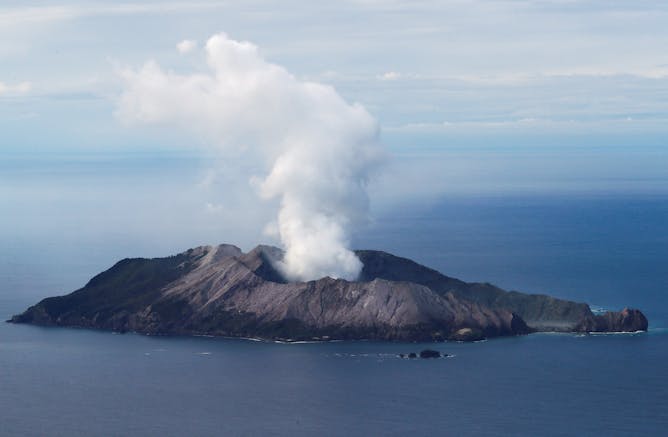
Jorge Silva/Reuters
David Dempsey; Shane Cronin
New Zealand has several volcanic areas that remain popular tourist destinations. A new early-alert system for eruptions would help operators determine when it is safe to visit an active volcano.
|
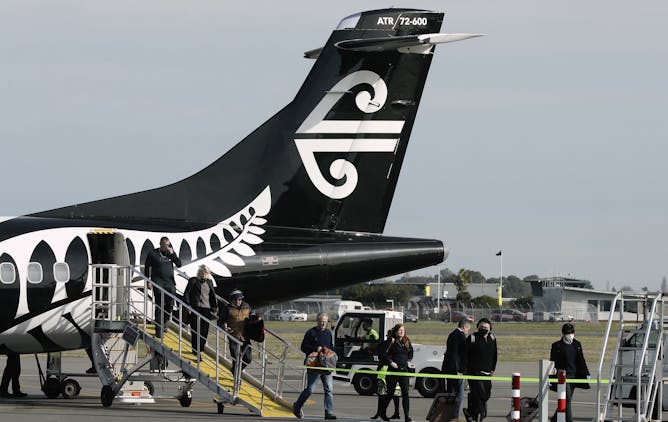
Mark Baker/AP
Michael Plank, University of Canterbury; Alex James, University of Canterbury; Audrey Lustig, Manaaki Whenua - Landcare Research; Nicholas Steyn; Rachelle Binny, Manaaki Whenua - Landcare Research; Shaun Hendy
Our new modelling shows the risk of an infectious person slipping through New Zealand's border undetected is very low — likely to happen only once over the next 18 months.
|
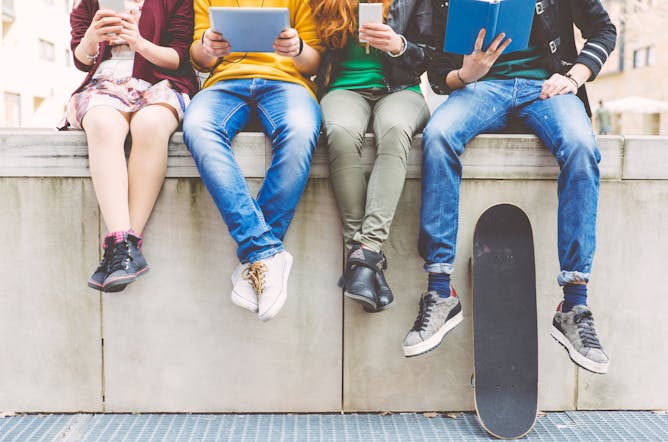
Shutterstock
Tracy Clelland, University of Canterbury
When it comes to discussing pornography and sexuality with their children, parents have to learn to be quiet and listen.
|
From our foreign editions
|
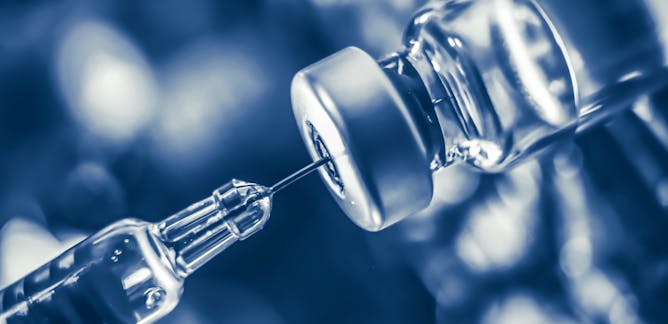
Rebecca Ashfield, University of Oxford
The experimental vaccine stimulates the creation of antibodies. Now we need to show that these effectively protect us from the coronavirus.
| |
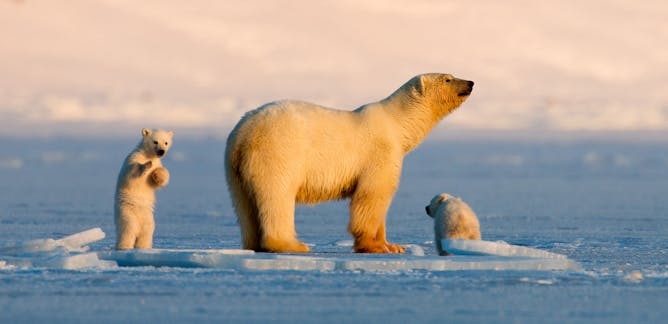
Henry Anderson-Elliott, University of Cambridge
This is the story of 'Misha', as I have come to know her. Both I and my research have been deeply affected by a polar bear I have never met face to face.
|
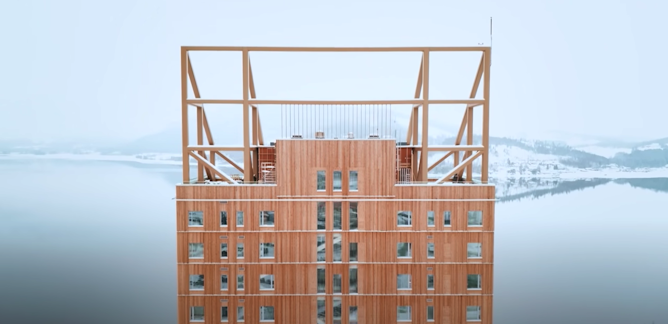
Warren Mabee, Queen's University, Ontario
Buildings account for a large proportion of greenhouse gas emissions globally. Sustainably sourced wood could be a better building material.
| |
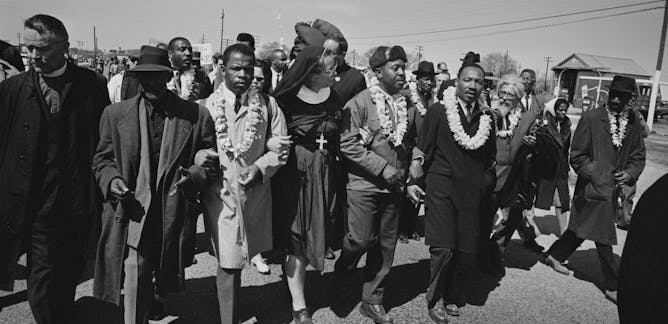
Lawrence Burnley, University of Dayton
From the earliest days of the civil rights struggle, Black religious leaders have infused the fight for justice with spirituality. Rep. Lewis and Rev. Vivian are no exception.
|
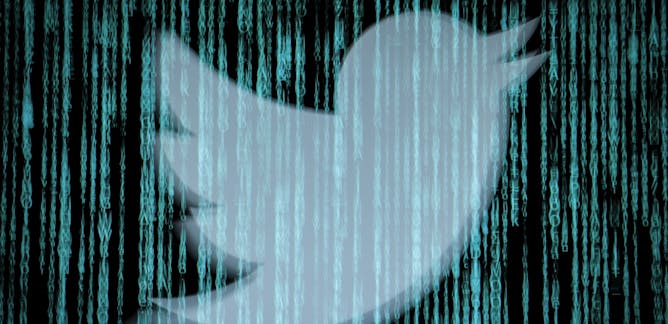
Laura DeNardis, American University School of Communication
Hackers demonstrated they can take over Twitter's technology infrastructure, a brazen move that hints at how such an attack could destabilize society.
| |
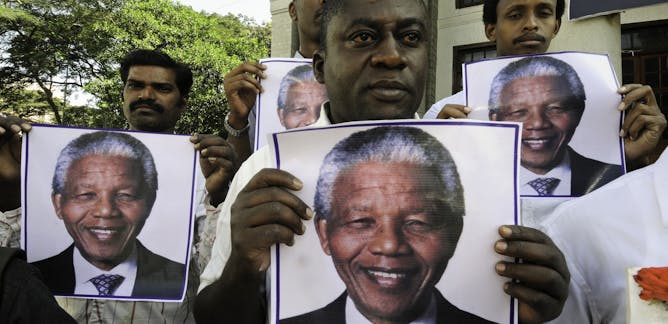
Gavin Evans, Birkbeck, University of London
Mandela left at the right time in 1999, when the country still seemed in a healthy state, after which he consolidated his international reputation.
|
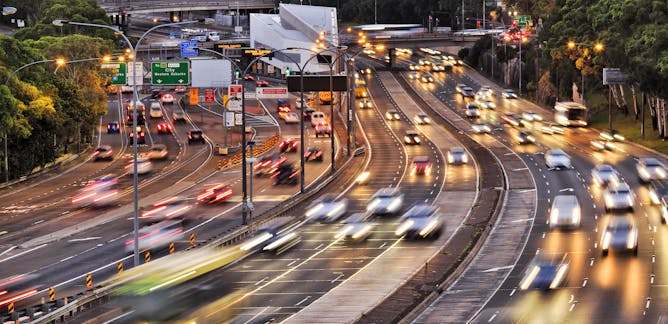
Neil G Sipe, The University of Queensland
Car use and cycling have soared to above pre-pandemic levels in our biggest cities (Melbourne is an obvious exception). Walking is not far behind, but public transport is being shunned.
| |
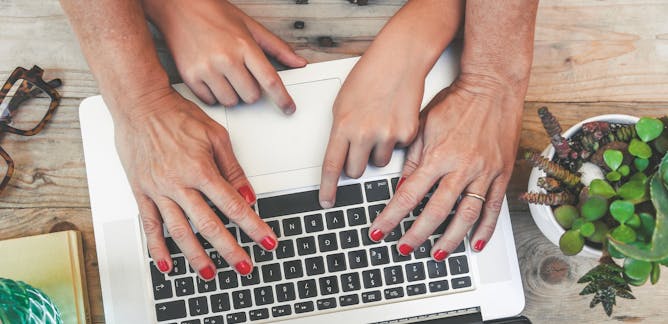
Leah Ruppanner, University of Melbourne; Caitlyn Collins, Washington University in St Louis; William Scarborough, University of North Texas
A new study has found US mums have experienced a marked drop in their works hours during the pandemic. But this is not the case for dads.
|
|
|
| |
| |
| |
| |
| |
| |
|
|
|
|
|
|
|